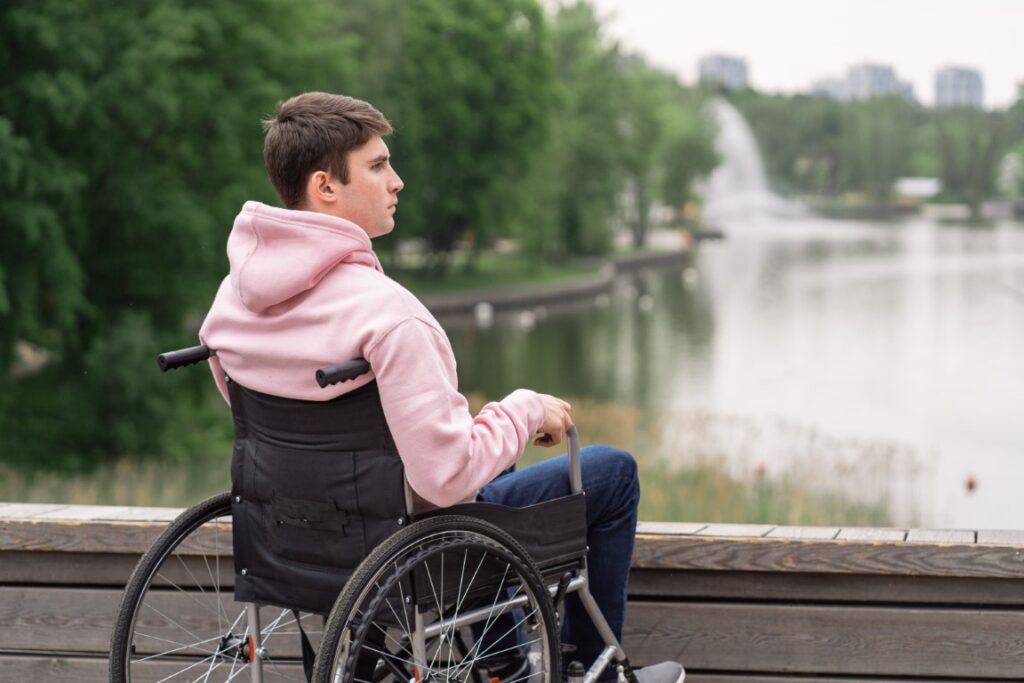
Outdoor experiences like camping trips can be incredibly enriching and educational for students, but it’s important to ensure that all students, including those with disabilities, are able to fully participate and benefit from the experience. In this blog post, we’ll explore strategies for managing students with disabilities during a school camping trip and making sure that the trip is inclusive and accessible for all.
- Introduction to the topic and the importance of inclusive education, including outdoor experiences like camping trips.
Inclusive education means providing equal opportunities for all students, regardless of their abilities or disabilities. This includes outdoor experiences like school camping trips, which can offer valuable opportunities for students to learn new skills, build teamwork and leadership abilities, and connect with nature.
However, it’s important to recognize that students with disabilities may have unique needs that need to be addressed in order to fully participate in a camping trip. By planning and preparing in advance, schools can ensure that all students are able to fully participate and benefit from the experience.
- Identifying the specific needs of students with disabilities, including physical, cognitive, and emotional needs.
Before planning a camping trip, it’s important to identify the specific needs of any students with disabilities who will be attending. This includes physical needs, such as the need for assistive devices or accommodations to participate in activities, as well as cognitive and emotional needs, such as additional support and supervision.
To identify these needs, it’s important to communicate with the students’ parents, caregivers, and relevant school staff, such as special education teachers or occupational therapists. This will help ensure that all necessary accommodations and support are in place for the trip.
- Planning and preparation for the trip, including communication with parents, caregivers, and relevant school staff.
Proper planning and preparation is key to ensuring that a camping trip is successful and inclusive for all students, including those with disabilities. This includes communication with parents, caregivers, and relevant school staff to ensure that everyone is on the same page and that all necessary accommodations and support are in place.
It’s also important to consider the destination and activities for the trip, and whether they will be accessible and suitable for all students. For example, if some students have mobility issues, it may be necessary to choose a campsite with wheelchair-accessible facilities and plan activities that can be adapted for students with physical limitations.
- Tips for adapting activities and accommodations for students with disabilities, such as providing alternative equipment or adapting the environment.
There are many ways to adapt activities and accommodations for students with disabilities to ensure that they can fully participate in a camping trip. Here are a few tips to consider:
- Provide alternative equipment: Depending on the needs of the student, it may be necessary to provide alternative equipment or assistive devices to allow them to participate in activities. For example, a student with mobility issues may need a wheelchair or other assistive device to navigate the campsite or participate in certain activities.
- Adapt the environment: Depending on the needs of the student, it may be necessary to adapt the environment to make it more accessible and inclusive. For example, if a student is blind or has low vision, it may be necessary to provide verbal descriptions of the environment or activities.
- Modify activities: Depending on the needs of the student, it may be necessary to modify activities to make them more accessible. For example, if a student has difficulty with fine motor skills, it may be necessary to provide additional support or modify the activity to make it easier for them to participate.
- Strategies for managing behavior and addressing any challenges that may arise during the trip, including using positive reinforcement and providing additional support and supervision as needed.
While it’s important to be proactive in planning and preparing for a camping trip, it’s also important to be prepared to address any challenges or behavior issues that may arise during the trip. Here are a few strategies to consider:
- Use positive reinforcement: When addressing behavior issues, it’s important to focus on positive reinforcement and encourage positive behaviors. This can be as simple as praising students for following rules or making good choices, or providing small rewards or incentives for positive behavior.
- Provide additional support and supervision: For students who may need extra support or supervision, it may be necessary to assign additional staff or volunteers to assist them during the trip. This can help ensure that all students are safe and able to fully participate in activities.
- Use visual supports: For students who may benefit from visual supports, it can be helpful to use visual aids such as schedules, charts, or social stories to help them understand expectations and routines during the trip.
- Have a plan in place for addressing challenges: It’s important to have a plan in place for addressing any challenges or behavior issues that may arise during the trip. This might include having a designated “calming area” for students who need a break, or having a plan in place for addressing more serious behavior issues.
In conclusion, it’s important to be proactive and inclusive in planning and managing a school camping trip for all students, including those with disabilities. By identifying the specific needs of students with disabilities, communicating with relevant staff and caregivers, adapting activities and accommodations as needed, and having a plan in place for addressing behavior issues, schools can ensure that all students are able to fully participate and benefit from the trip. Outdoor experiences like camping trips can be incredibly enriching and educational for all students, and by being inclusive, schools can help ensure that all students are able to fully participate and enjoy the experience.
Leave a Reply